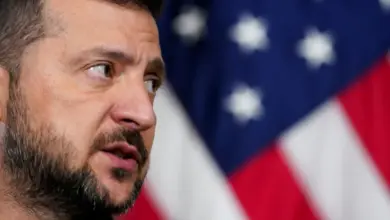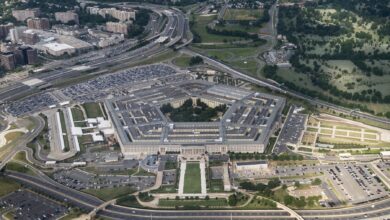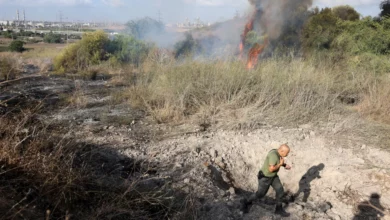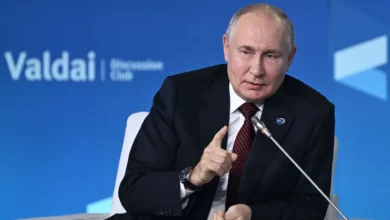Sanaa, Yemen–The sounds of warplanes roaring across the sky has become part of the daily routine in Yemen’s capital Sanaa as the central government continues for a third consecutive month to battle a Shiite rebel group known as the Houthis in the north of the country.
For the first time since its initial outbreak five years ago, Yemen’s conflict in the north—referred to as the Saada war after the governorate— became more than a solely domestic affair after fighting spilled into Saudi Arabia in early November when the Houthis overtook a strategic mountain post on the Saudi side of the border.
Saudi Arabia, in a rare act of unilateral military force, retaliated by shelling Houthi-controlled areas within its territory. Cross border fighting has continued for the past month between the two sides, and the Houthis claimed last Friday to have seized another military post on the Saudi side of the border, according to the official Houthi website.
“In light of the continued Saudi bombing of Yemeni territory, the direct targeting of unarmed and innocent civilians, and the expansion of aggression into all areas within the province of Saada, we opened a new front in Al Jabri military site,” reads the rebels’ website, alempar.net.
Saudis deny the Houthi advance and that their warplanes cross into Yemeni territory.
The lack of independent sources from the war zone has made information difficult to verify throughout the conflict.
Furthermore, the Yemeni government accuses religious groups and wealthy individuals within Iran of backing the Houthi rebels both financially and by providing arms because of an ideological sympathy for the minority Shia community in Sunni-majority Yemen. This has made Saada a stage for a possible showdown between the two Middle East superpowers, Sunni Saudi Arabia and Shia Iran.
“Iran should not only speak of its support for Yemen’s unity and security, rather the country should block aid for the insurgents in northern Yemen,” said Yemeni Foreign Minister Abu Bakr Al-Qirbi last month to Yemen’s official news agency.
Yemeni political analysts believe that Iran has extended its influence into Saada because of the governorate’s strategic location in northern Yemen, which grants Iran an opportunity to thwart Saudi dominance in the Middle East from just across its border.
Sanaa University Political Researcher Najeeb Ghallab said in an interview that the Houthis have proven to be a well-funded organization within poverty-stricken Yemen, and points to Iran as the group’s financial source. The Houthis offer high salaries to their fighters and have established costly training centers within the Saada governorate, he said.
Iran rejects the claim that it is meddling in Yemeni affairs, and Iran’s Foreign Minister Manouchehr Mottaki said recently in a press conference that “all countries should respect the territorial integrity of Yemen,” according to Iranian state-run Press TV.




